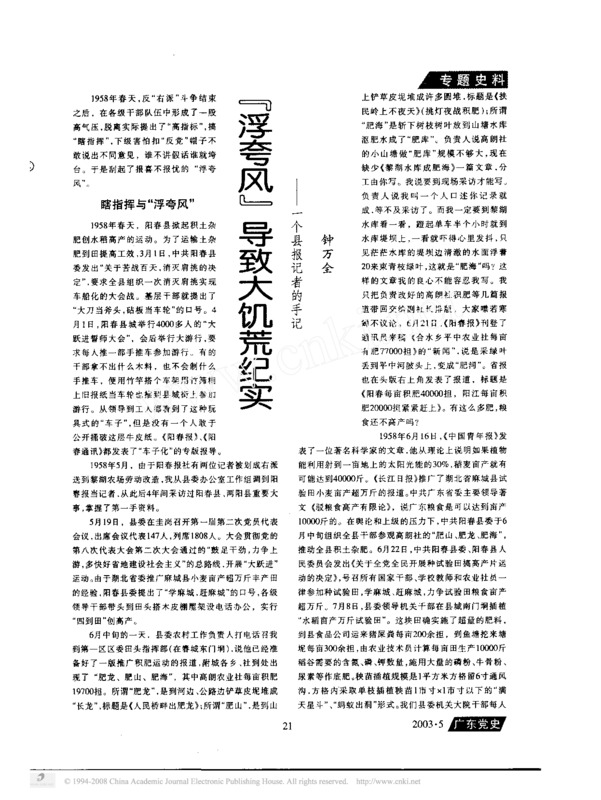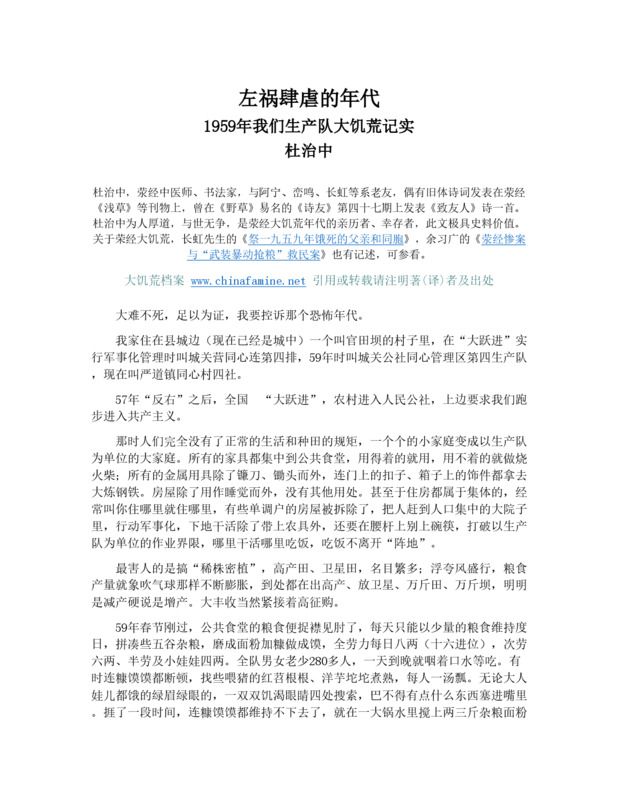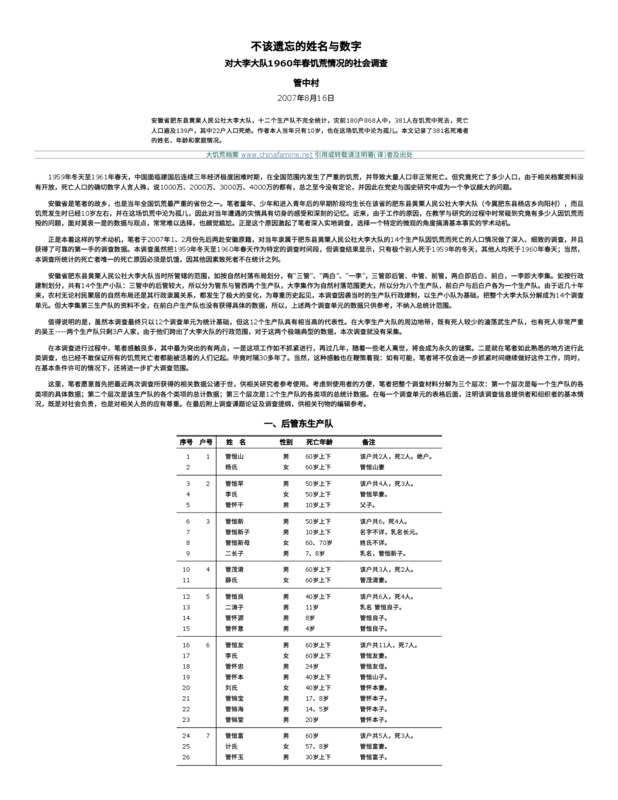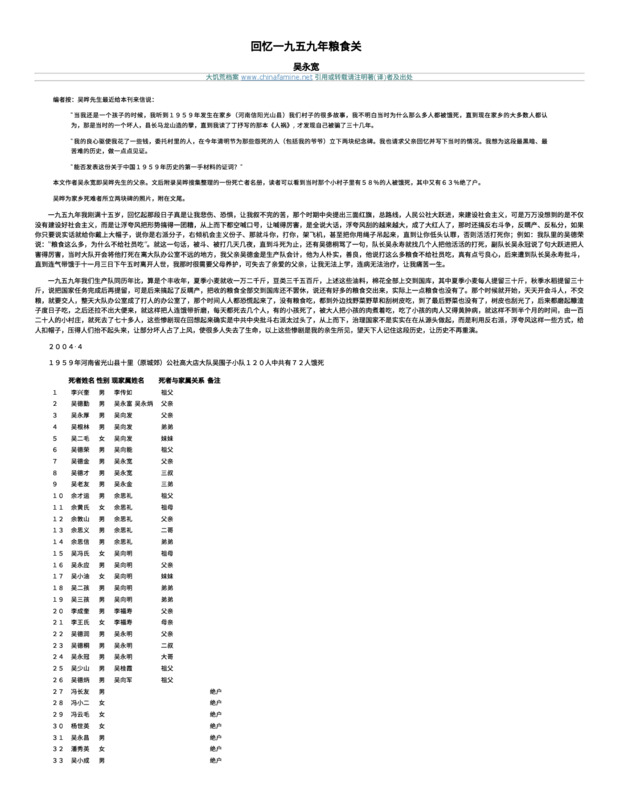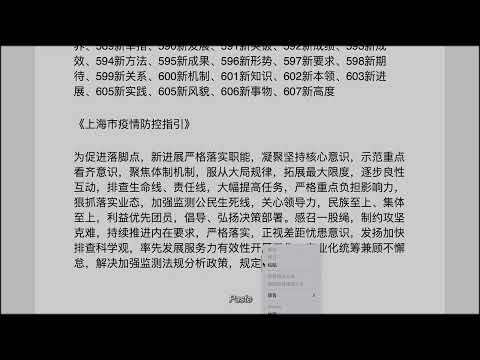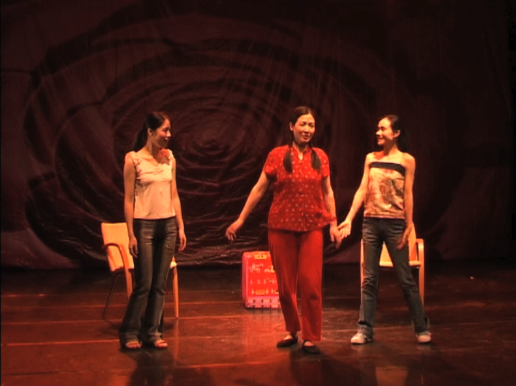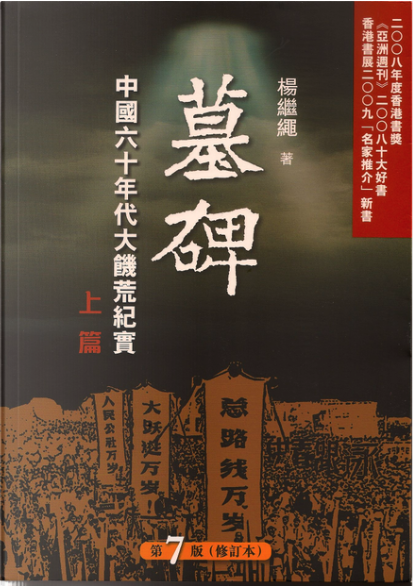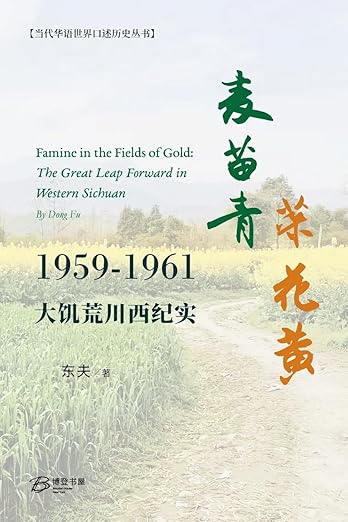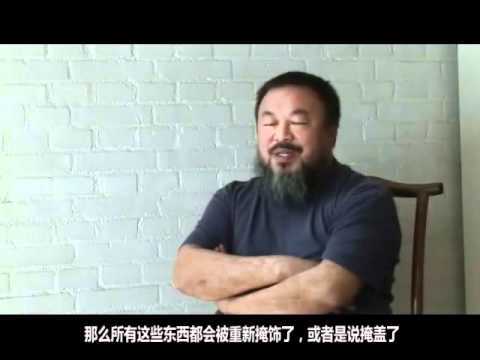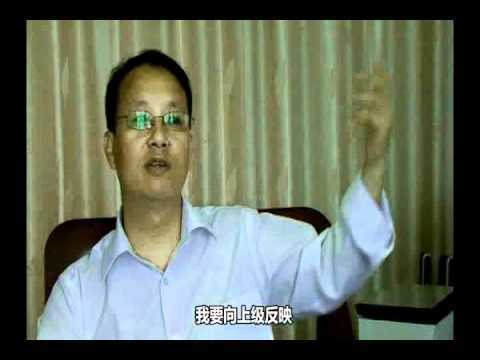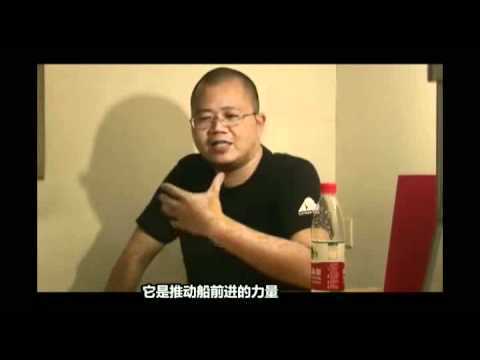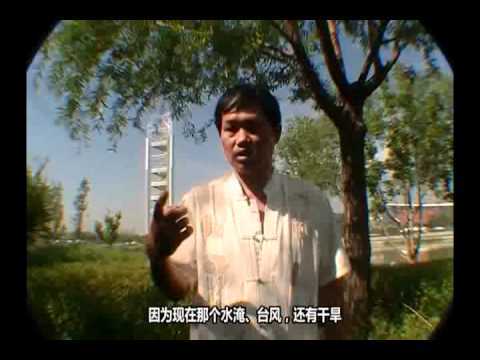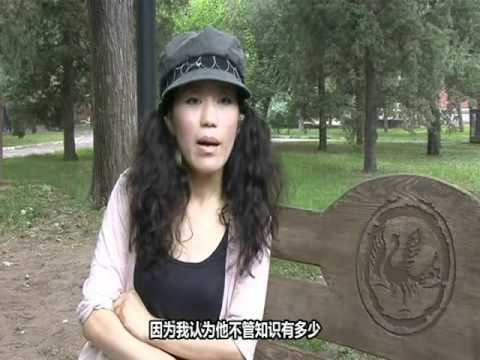Explore the collection
Showing 132 items in the collection
132 items
Article
Special Features|Famine and the County (4): Chronicle of the Great Famine caused by pompous winds
Guangdong Liangyang County was formed in 1958 by the merger of Yangjiang and Yangchun counties. This article describes the ins and outs of excess and famine in Liangyang County.
Article
Specials Collections| Famine and the Village (4) The Year of the Raging Left Scourge
The author of this article, whose hometown is the fourth team of Guantianba in Sichuan Province, experienced the Great Famine and witnessed one of his fellow villagers die of starvation. He records how people struggled to survive the famine and records each of the names of those who died of starvation in the hope that future generations will always remember them.
Article
Specials Collections| Famine and Village (4) Names and Numbers That Should Not Be Forgotten
Dali Brigade of Huangli People's Commune, Feidong County, Anhui Province, has twelve production teams. According to incomplete statistics, of the 868 people in 180 households before the disaster, 381 people died in the famine, and the death population spread over 139 households, of which 22 households were entirely annihilated. The author, Guan Zhongcun, who was only 10 years old at the time, was also orphaned during the famine. This article records the names, ages, and families of the 381 people who died.
Article
Specials Collections| Famine and Village (6) Memories of the 1959 Grain Shutdown
In 1959, out of 120 people in Wu Weizi Squad of Gao Dadian Brigade, Shili Commune, Guangshan County, Henan Province, 72 people died of starvation. Author Wu Yongkuan witnessed the deaths of his father and his fellow villagers. His son, Wu Ye, collected and organized a list of the dead, and readers can see that, at that time, 58% of the people in that small village died of starvation, and 63% of families died off with no descendants.
Film and Video
Taishi Village
In the fall of 2005, residents of Taishi Village became increasingly frustrated and angered by the sale of land by village officials; hundreds of villagers signed a petition calling for the removal of the village chief. The villagers occupied the village committee’s financial office and expressed their demands through sit-ins and other forms of protests. The government dispatched the police to arrest village activists, but the villagers insisted on starting a formal recall process. The government finally sent a team to the village to verify the signatures for the petition.
<i>The Taishi Village</i> recall incident generated attention from Chinese and foreign media, and caused uneasiness among local government officials. On September 12, 2005, police arrested dozens of villagers who were participating in a sit-in in the village committee room. Despite the pressure, villagers elected a committee to remove the village committee director. The government then dispatched more men to exert pressure, forcing elected members to withdraw one by one. Hired patrol teams eventually drove lawyers and reporters out of the village.
This documentary records the protest scenes and tragic ending of Taishi village’s movement for autonomy, and presents the surging rights consciousness in rural areas in Guangdong. This incident demonstrates villagers’ ability to exercise their right to vote and the government’s inertial approach to grassroots democracy movements.
This documentary is in Chinese with Chinese subtitles.
Film and Video
The Central Plains
Due to poverty in rural areas in Henan Province—part of China’s Central Plains—many farmers contracted AIDS by selling their blood. This documentary dives into the lives of these AIDS patients, depicting the manner in which they cope with life, officials’ responses, and the stories of volunteers who helped the infected villagers. The filmmaker visited several villages with high incidence of AIDS, interviewing and recording people’s accounts of how the “plasma economy” arose. This documentary presents the living condition of families and individuals, especially women and children, who contracted AIDS due to blood donation and blood transfusions, and demonstrates the formation of grassroots organizations.
This film is in Chinese with both Chinese and English subtitles.
Book
The Collected Works of He Jiadong
He Jiadong is a Chinese publisher. He joined the Chinese Communist Party at an early age. After 1949, he founded the Workers' Publishing House, one of the propaganda mouthpieces of the CCP. In 1957, he was designated as a rightist and later labeled as an anti-Party element. In 1965, Kang Sheng criticized him. He was sent down to Chengwu County in Shandong Province, where he was put under local control for 14 years. During the Cultural Revolution, he was taken back to Beijing and criticized, which affected his family and led to the unnatural death of his mother and two sons. In 1979, after the rightist was corrected and completely rehabilitated, he became the executive vice-president and deputy editor-in-chief of the Workers' Publishing House; in 1983, he founded the monthly <i>Rensheng (Life)</i>. In 1984, he founded <i>Kaituo (Pioneering)</i> magazine. He was investigated for publishing Liu Binyan's <i>The Second Kind of Loyalty</i>, and resigned from his post in 1985. The above weekly newspapers, bimonthly magazines and websites were all suspended and closed by the authorities. He has written a large number of articles exploring China's development path from the end of authoritarianism to constitutional democracy. He himself had a 60-year career as a "red publisher" but never had the freedom to publish. Even his own collection of essays was never published. Until the end of his life, he never saw a printed volume of his essays—the printed books were seized and confiscated by the Chinese authorities.
The book can be purchased <a href="https://www.fellowspress.com/shop1/p/-4"> link</a>.
Film and Video
The Memo
In the spring of 2022, a wave of COVID-19 exploded in Shanghai. Under the policy of “Zero COVID,” 24 million residents were put under forced lockdown. Filmmakers and reporters used their phones, televisions, the internet, and other materials to capture scenes of lockdown and disputes between officials and civilians in Shanghai. Producers of this short film titled <i>The Memo</i> believe that it is necessary to record this historic episode in order to prevent our memories from fading away.
The production team, which was founded in 2020, strives to create works about the lower classes of Chinese society. <i>The Memo</i> was nominated for the Clermont-Féron Short Film Festival.
Book
The Power of Tiananmen:State-Society Relations and the 1989 Beijing Student Movement
<i>The Power of Tiananmen: State-Society Relations and the 1989 Beijing Student Movement</i> is a sociological monograph. It explains the process of the 1989 school movement and interprets the political and economic situation from four perspectives: state legitimacy, ecological environment and mobilization structure, discourse and modes of action, and public opinion. Author Zhao Dingxin interviewed 70 participants in the movement at the time. He also examined many little-known domestic documents. Thus, theory and evidence are closely intertwined.
The book won the 2002 Distinguished Book Award (Collective Action/Social Movements) and the 2001 Distinguished Book Award (Asian and Asian American) from the American Sociological Association.
It is published by the Chinese University of Hong Kong Press.
Film and Video
The Vagina Monologues -- Stories Behind the Scenes
<i>The Vagina Monologues</i> is a pioneering feminist drama created by the American playwright Eva Ensler. In 2003, teachers and students at the Gender Education Forum of Sun Yat-sen University in China adapted the play and added artistic interpretations of Chinese women's gender experience. The adapted play had its first performance at the Guangdong Provincial Art Museum. This documentary records the attitudes of governments across China towards the play as well as women's perceptions of the play and its connection with their personal experiences. It also highlights the current political and cultural ecology of China.
Film and Video
Three Days in Wukan
Wukan is a village in Luwei City, under the jurisdiction of Shanwei City, Guangdong Province. From 2011 to 2016, Wukan villagers have continued to fight to protect their land and fight for villagers' rights. Facing strong pressure from the government, some even paid with their lives. In the process, the villagers had elected their own villagers' committee by one person, one vote to practice their democratic rights. Although the protests were eventually suppressed, the impact was far-reaching. Ai Xiaoming rushed to the scene at the beginning of the Wukan incident and left this precious record.
Book
Tombstone: The Great Chinese Famine, 1958-1962
The Great Famine in China in the 1960s was a rare famine in human history. From 1958 to 1962, according to incomplete statistics, 36 million people died of starvation in China; due to starvation the birthrate is estimated to have dropped to around 40 million. The number of people who died of starvation and the lowered birthrate due to starvation totaled more than 70 million, which is not only the largest number of deaths among all the disasters that occurred in China's history, but also the most painful and unprecedented tragedy in the history of mankind today. Was this a natural disaster or a man-made disaster? Officials deliberately covered it up and tried to minimize it, forbid any public discussion or expression about it. Yang Jisheng, a senior reporter of Xinhua News Agency, personally experienced the death of his father in the famine. Since then, he has devoted his heart and soul to this story. He has spent several years on it, running through a dozen or so provinces where the disaster was the most serious, and personally checking countless archives and records, both public and secret. He has interviewed the people involved and checked the evidence over and over again. Thus, he felt confident that he could, with the heart of the historical pen and the conscience of the news reporter, make a number of drafts, and truly recapture this tragic history of the human race and analyze the causes of this tragedy with a large amount of facts and data. With a wealth of facts and figures, he identifies the main cause of the famine as the totalitarian system. This is a book carries the collective memory of many ordinary Chinese people, and is a tombstone for the 36 million victims.
This book is published by Tiandi Books in Hong Kong. The English version of <i>Tombstone: The Great Chinese Famine, 1958-1962 </i> was translated by American author Stacy Mosher and can be purchased <a href= "https://www.amazon.com/Tombstone-Great-Chinese-Famine-1958-1962/dp/0374533997">here</a>.
Book
Wheat Seedlings and Vegetable Blossoms: A Chronicle of the Great Famine in Western Sichuan Province
Traditionally, the western Sichuan plain was known as China's "Land of Abundance," but it became a focal point of the Great Famine of 1959-1961. Sichuan was one of the hardest-hit areas, with the largest number of deaths from starvation in the country and one of the highest death rates.
The title of the book, "Apricot Blossoms and Wheat Seedlings" is taken from a popular revolutionary song of the Mao era. In March, 1958, the Communist Party held a central work conference (known as the Chengdu Conference) at the Jinniu Dam Guest House near Chengdu, during which Mao Zedong inspected the Hongguang (Shining Red) Commune in nearby Pixian County. Two songs were written to commemorate that occasion.. One was "Red Flowers Bloom in the Shining Red Commune," and the other was "Apricot Blossoms and Wheat Seedlings."
The author of this book, Dong Fu (the pen name of Wang Dongyu), was born in Wenjiang, in the western Sichuan plains. He belonged to the "lao san jie"--students whose education was disrupted during the Cultural Revolution. His father was a veteran CCP cadre who engaged in underground party work and who later was responsible for economic policies. As a youth and as a soldier during the Great Leap Forward in Sichuan, Dong Fu saw the famine first-hand. During the Cultural Revolution he enlisted in the army and worked as a reporter for the Chengdu Military District's Zhanqi News.
After graduating from college, he began to work on this history. He was able to draw on his father's connections to research the book, in the 1980s and 1990s interviewing retired officials who knew his father and who could confide in him. Many have since passed away, giving this book great historical value. He was also able to collect extensive material from historical archives, also in part due to his father's and his own personal connections to the region.
This book was published by the Tianyuan Bookstore in Hong Kong in 2008 on the 50th anniversary of the start of the famine (some historians date the famine from 1958-1962, others from 1959-1961). In contrast to macro accounts of the Great Famine, such as Yang Jisheng's “Tombstone” (https://main--minjian-danganguan.netlify.app/collection/%E6%9D%A8%E7%BB%A7%E7%BB%B3-%E2%80%93-%E5%A2%93%E7%A2%91%EF%BC%9A%E4%B8%AD%E5%9B%BD%E5%85%AD%E5%8D%81%E5%B9%B4%E4%BB%A3%E5%A4%A7%E9%A5%A5%E8%8D%92%E7%BA%AA%E5%AE%9E) or Frank Dikötter's
“Mao's Great Famine” (https://www.frankdikotter.com/books/maos-great-famine/), Dong Fu's work is a case study of the famine in one area. By focusing on the western plains around Chengdu, the author shows how Mao's policies destroyed agricultural life in even historically rich areas that in normal times are China's breadbaskets.
Another feature of this book is its writing style. In reviewing this book in 2009, the theorist Hu Ping notes that history writing in China was shaken up by William Manchester's “The Glory and the Dream”, which was published in China in 1979. It was a vividly written history of the United States between 1932 and 1972 that showed that history could be engaging and entertaining. Hu Ping sees Dong Fu's work as inspired by Manchester's work, giving a panoramic, deftly written account suitable for the general reader, but based on solid research. Dong Fu weaves in the top-level battles with ordinary people's views, as well as social and cultural history. He mines the archives for telling details, such as complaints that people filed with the government, witty jingles that they composed to express their pain, and folk traditions. Hu Ping, who also grew up in the same region around the same time, writes:
"During the years of the Great Leap Forward, I was in primary school and junior high school in Chengdu. Reading the relevant chapters of Dong Fu's book, I felt very close to it, and many people and events from that year came vividly to mind. This feeling is something I have never experienced when reading other books about the Great Leap Forward period—whether they are theory books, history books, or even literature books." (https://www.rfa.org/mandarin/zhuanlan/shuwenpingjian/huping-05062009153055.html)
Film and Video
Why Are Flowers So Red
This film follows the stories of environmental activist Tan Zuoren and artist Ai Weiwei. In July 2009, Tan Zuoren was charged with the crime of “Inciting subversion of state power,” and his trial was held in Chengdu, Sichuan Province. Ai Weiwei was invited by Tan’s lawyer to testify in court, but the night before the trial, he was assaulted by the police and detained in a hotel. To everyone’s surprise, Ai turned on the tape recorder before the police entered his residence and managed to record the incident. Later, Ai and his colleagues released a documentary about this incident, titled “Disturbing the Peace” (or “Laoma Tihua”).
This film interviews the people behind the scenes of “Disturbing the Peace,” including the director, photographers, editors, and audiences of the film, who discuss the relationship between citizens and government authority.
This series of films are in Chinese with Chinese subtitles.
Film and Video
Working toward a Civil Society (Episode 1): Zhang Hui
How can China build a real civil society? Since 2010, independent director Tiger Temple sat for a series of interviews with scholars and civil society actors.
Film and Video
Working toward a Civil Society (Episode 10): Ai Weiwei
How can China build a true civil society? Since 2010, independent director Tiger Temple has conducted a series of interviews with scholars and civil society participants.
Film and Video
Working toward a Civil Society (Episode 11): Liu Xiaoyuan
How can China build a true civil society? Since 2010, independent director Tiger Temple has conducted a series of interviews with scholars and civil society participants.
Film and Video
Working toward a Civil Society (Episode 12): Zhai Minglei
How can China build a true civil society? Since 2010, independent director Tiger Temple has conducted a series of interviews with scholars and civil society participants.
Film and Video
Working toward a Civil Society (Episode 13): Li Jiafu
How can China build a true civil society? Since 2010, independent director Tiger Temple has conducted a series of interviews with scholars and civil society participants.
Film and Video
Working toward a Civil Society (Episode 14): Su Yutong
How can China build a true civil society? Since 2010, independent director Tiger Temple has conducted a series of interviews with scholars and civil society participants.
